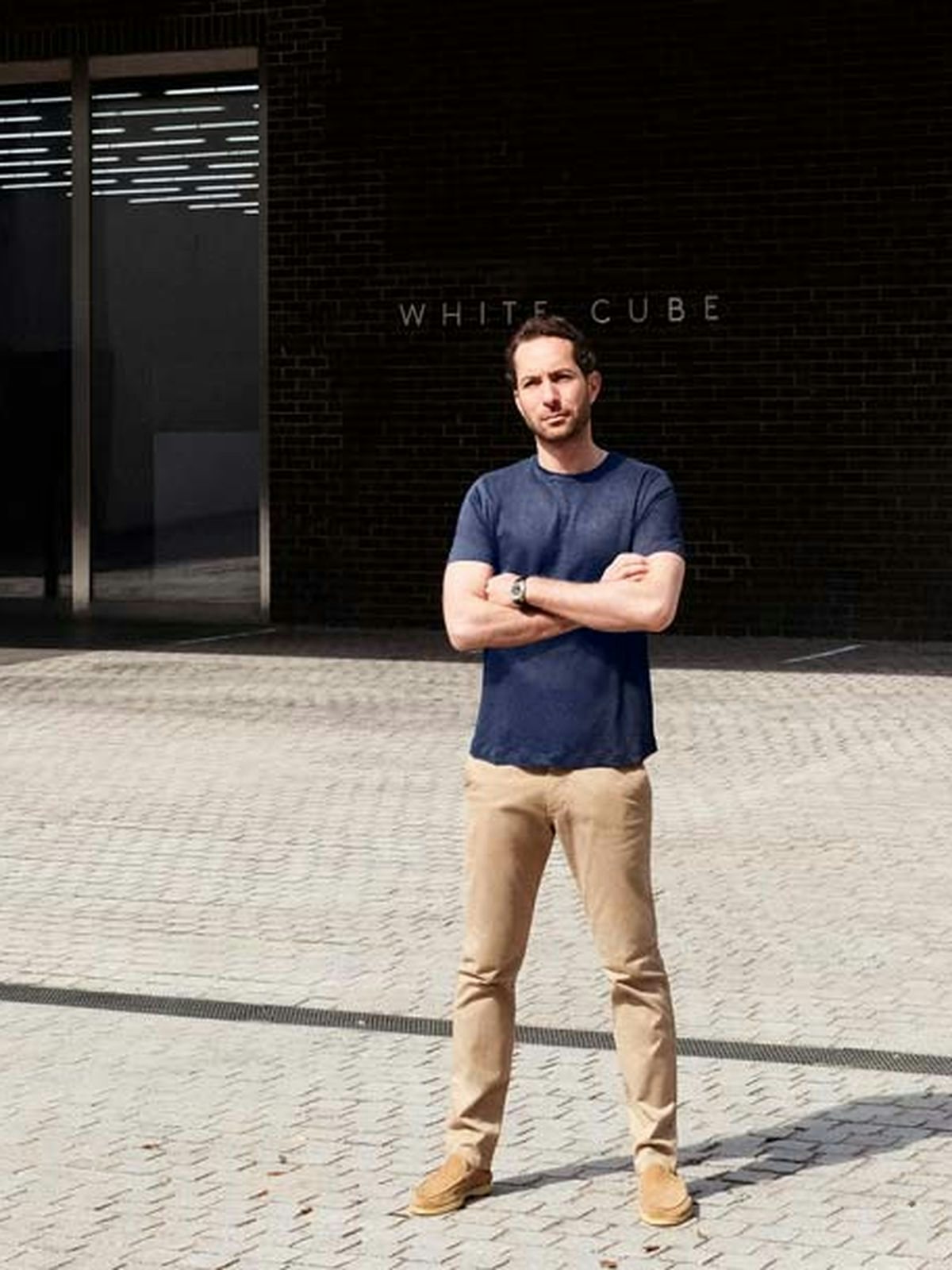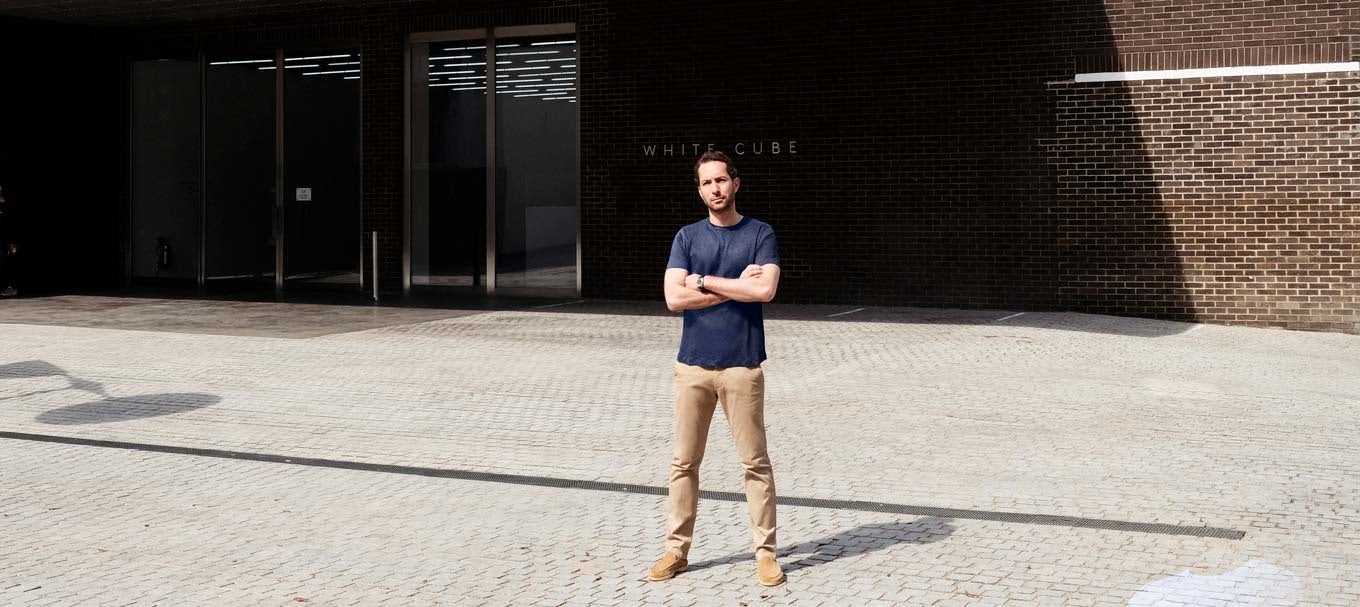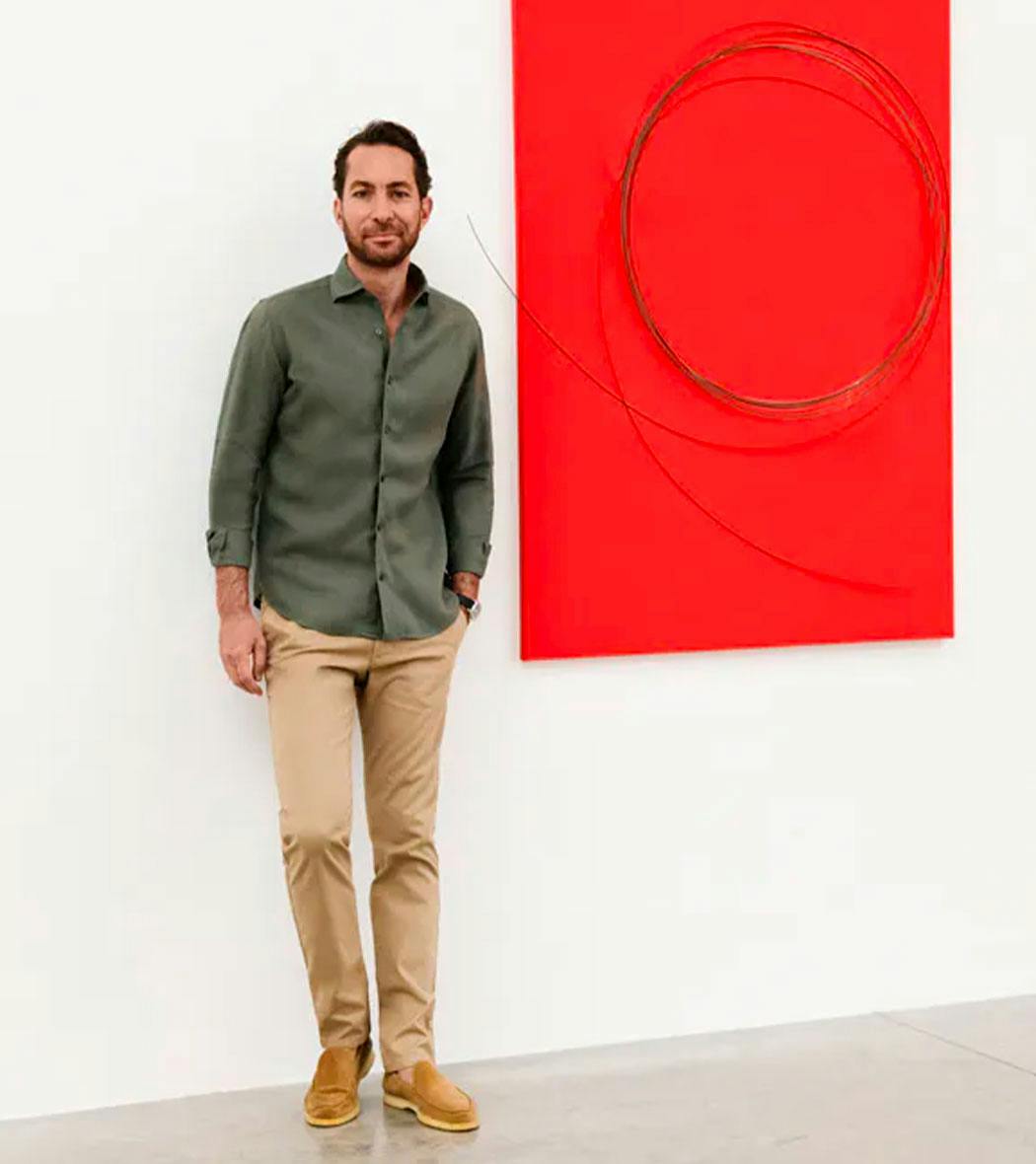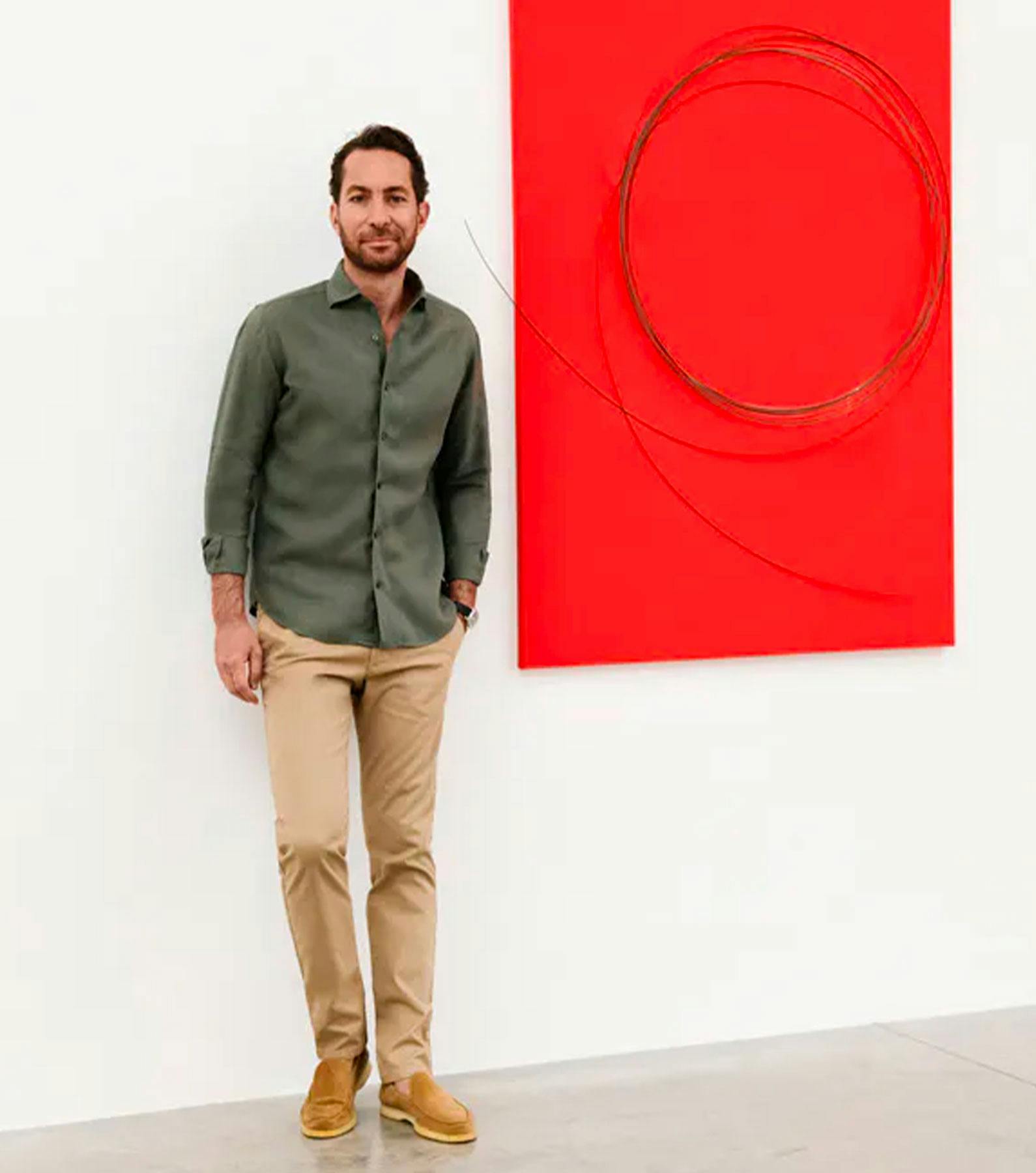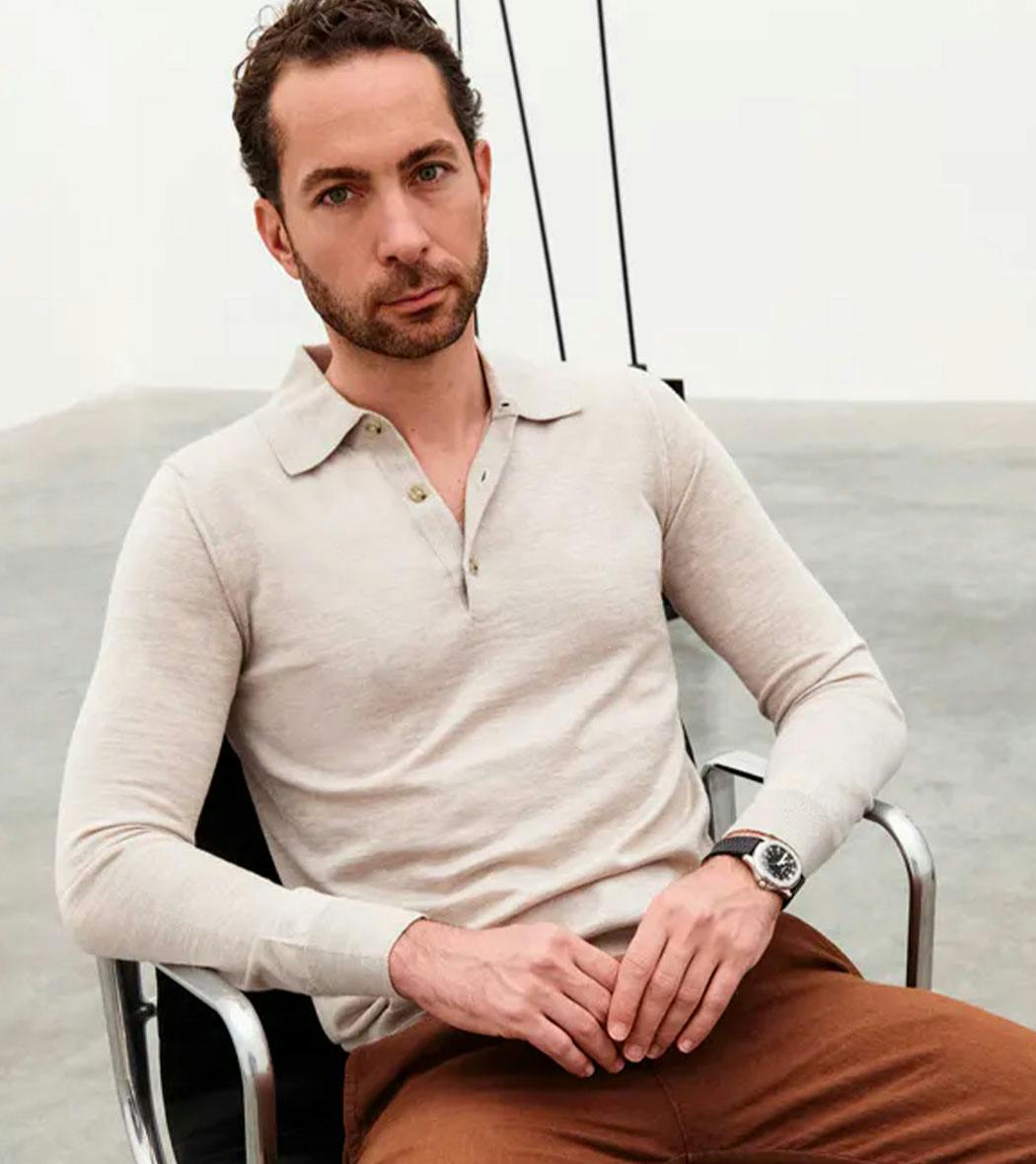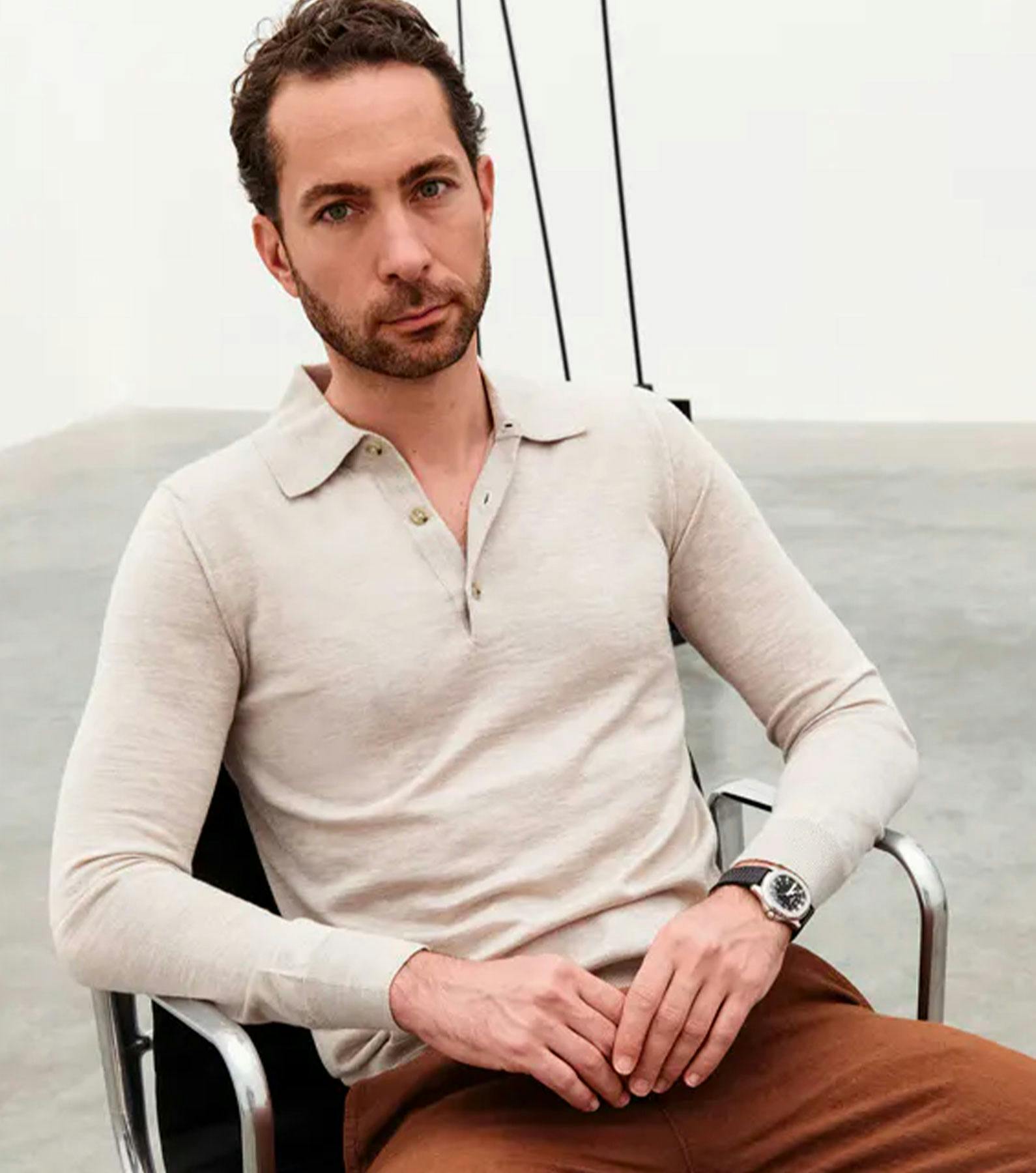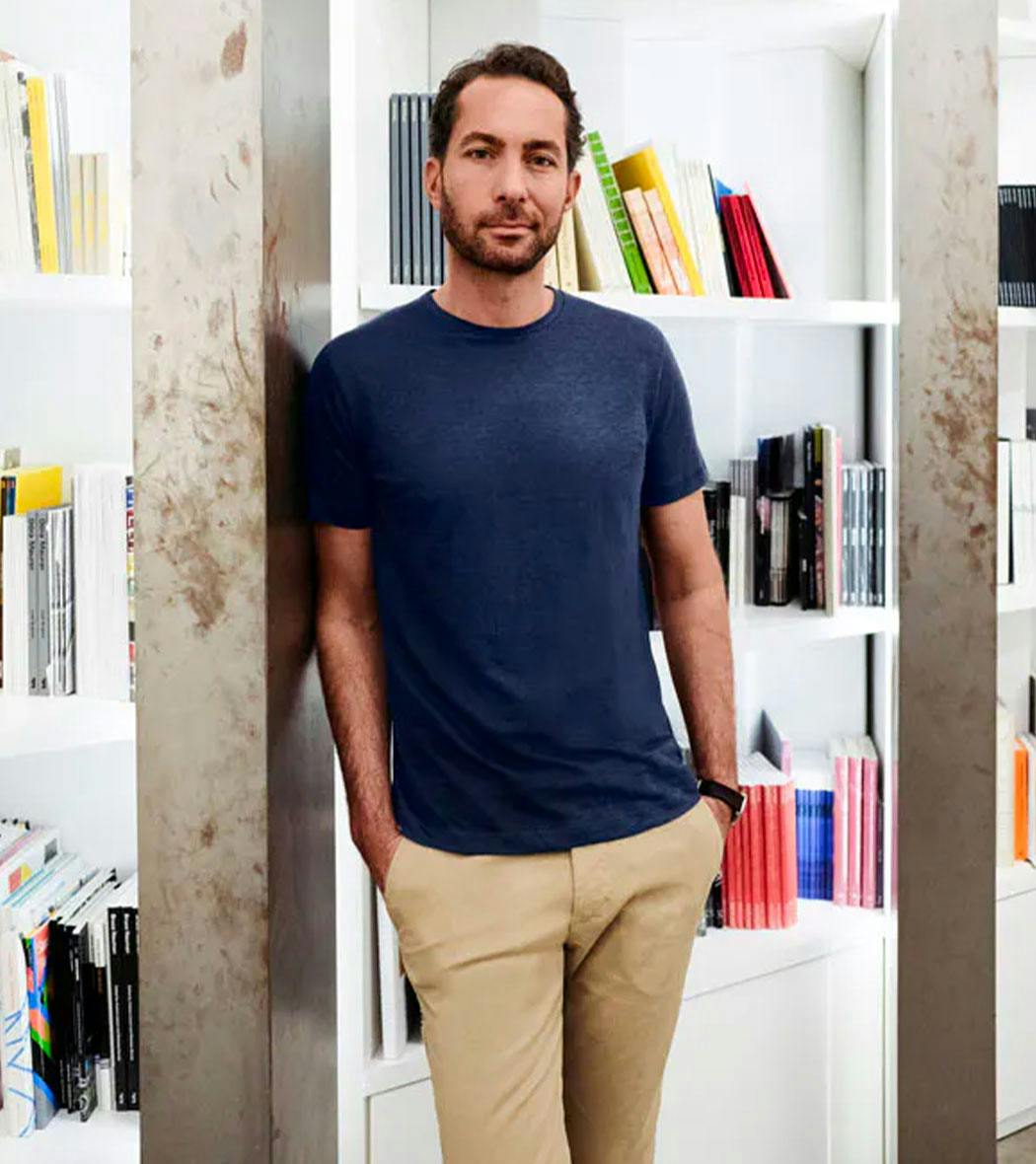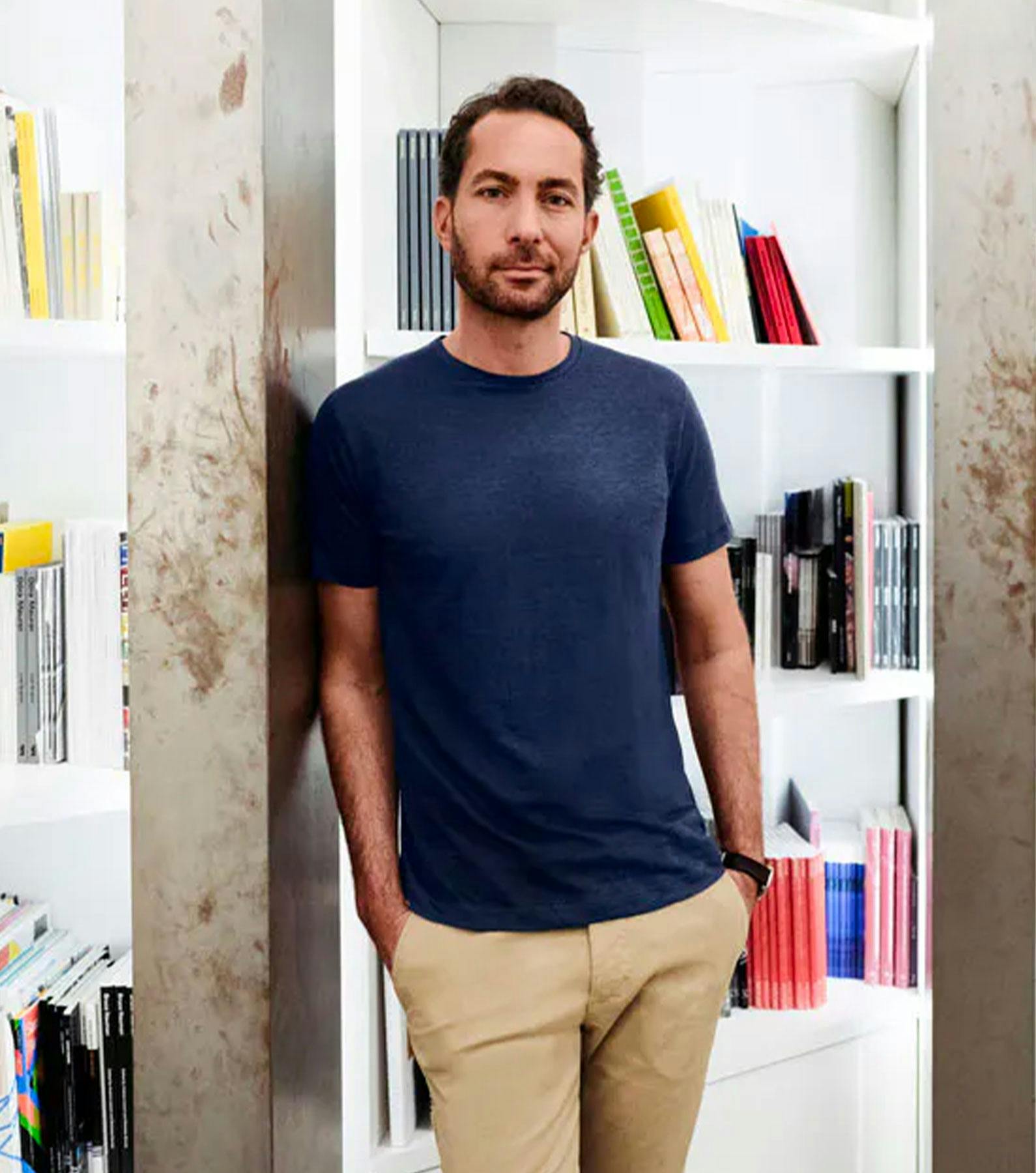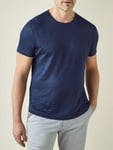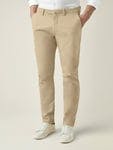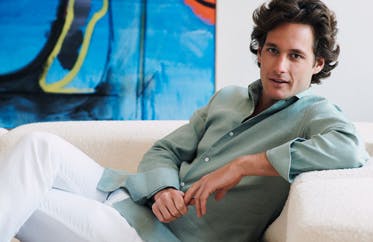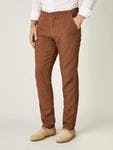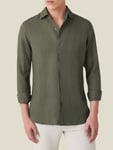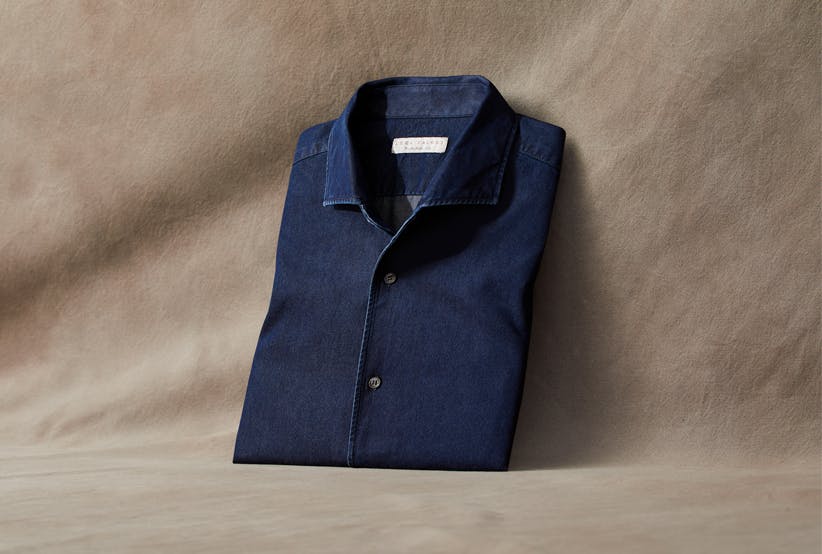
Denim: Italian Heritage
Italy is widely regarded as the producer of the most prestigious denim garments in the world, thanks to the premium fabrics and artisanal experience that dates to the 19th century.
The manufacturers’ passion for authenticity is what made the art of denim production a “Made in Italy” excellence, where technology and innovation meet traditions passed down through generations. The result is garments that exude artisanal details and are durable and luxurious.
Over the years, Luca Faloni has nurtured a collaborative relationship with Albini, a family-owned business with over a century of textile experience in the world of denim. Today, Albini - with its brand Albiate 1830 - is the leader in creating premium quality denim with an eye on sustainability and Italian tradition. Sharing a passion for authenticity, we aim at promoting Italian denim craftsmanship with superior quality garments.
